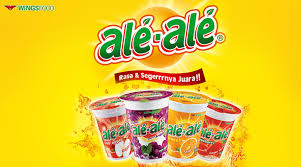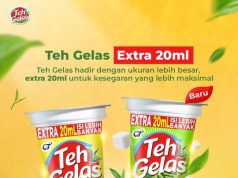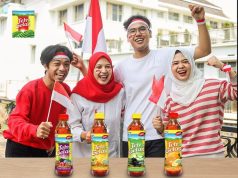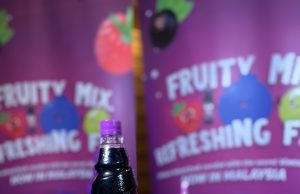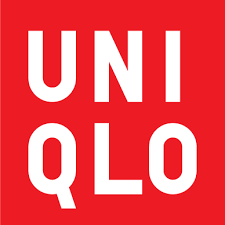According to Euromonitor Beverage Analyst Jonas Feliciano, thin-wall packaging is key to affordable beverages in Indonesia. Feliciano goes on by saying “returnable glass bottles have gone from 15% of all soft drink packaging units in [Indonesia in] 2008 to just 10% in 2013.” He added that “soft Gable-top liquid cartons and PET plastic bottle packaging have grown in popularity as they present a one-way transaction for retailers and consumers.” However, growing inflation, the depreciation of the rupiah and rising cost of raw materials makes thin-wall packaging a good alternative between PET and returnable glass. With rising cost, the analyst suggests thin-wall packaging can “appeal to a larger percentage of the population, and perhaps attract new consumers seeking to start cutting back on expenses.”
Apart from the rising cost of living, the industry is currently facing the spectre of an anti-dumping duty on PET import by the Indonesian government. The country produced 417,000 tons of PET in 2012 and 467,000 tons in 2013. However, the annual PET export is about 250,000 tons with only 167,000 tons left for local consumption. Domestic PET consumption stood at 156,000 tons but this amount is expected to increase to 177,000 tons in 2013, said the head of the Indonesian Bottled Water Manufacturers Association (Aspadin) (Aspadin), Hendro Baroeno.
If the anti-dumping on PET is imposed, this will gravely affect manufacturers’ profitability and will increase the price of beverage products by 10-15%, said Secretary General of the Indonesian Food and Beverage Employers Association (Gapmmi), Franky Sibarani. Without the anti-dumping duty, the price increase would only be 5-10%. The lower price hike of 5-10% takes into account the expected 38-64% increase in electricity tariff starting May 2014.
Even before the latest cost pressure, beverage manufacturers have turned to thin-wall packaging to reach low-income consumers and students looking for a cheap way to quench their thirst. The average price of IDR 1,000 (USD 0.087) makes the drink affordable and accessible to many consumers.


The OT Group’s ready-to-drink Teh Gelas (Tea Cup) in 150ml thin-wall packaging is a classic example of the successful application of thin-wall packaging in beverage. Subsequent development shows that thin-wall packaging is only a stepping stone for OT Group to premiumise the beverage. Having built acceptance of the flavour, the company went a step further by adding the 330ml, 500ml and the 1,000ml family pack Teh Gelas in carton in the modern trade channel in 2013. While preserving the 150ml thin-wall pack, Wings has now fully transformed Teh Gelas into a formidable player in the modern trade channel competing against established players like Sosro and Ultrajaya’s Teh Kotak for a share of the middle class consumers’ spending.

For a product that started off in PET format only to add a new economical thin-wall packaging line later due to cost pressure, the expansion into the value line may erode the equity of the brand. This is because consumers have the perception that beverage in thin-wall packaging is a sign of cheapness. However in the case of Teh Gelas, it is much easier to upgrade from thin-wall packaging to the more expensive carton or PET as in a growing economy like Indonesia, consumers aspire to have a better standard of living. With an expanding income, consumers who are currently drinking the IDR 1,000 Teh Gelas may upgrade to the more expensive 330ml Teh Gelas in carton in the future. But they still have the IDR 1,000 Teh Gelas to fall back on in times of economic difficulties.

